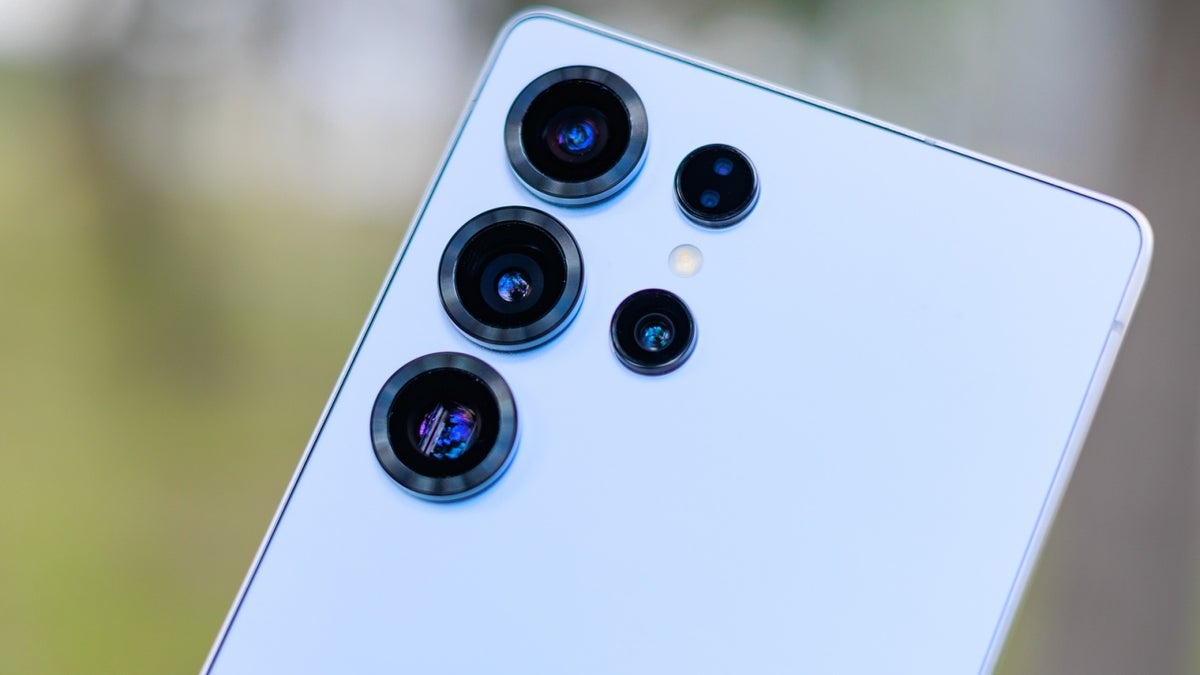In recent years, Samsung’s Galaxy S series has seen a sharp reduction in its once-dominant edge over the iPhone when it comes to RAM. Not long ago, flagship Android phones boasted a hefty 4GB of RAM, with some models even reaching 6GB. 
But now, 12GB of RAM is the new baseline for Android devices, and Samsung’s Galaxy S25 lineup took this a step further with a 12GB base option, and even a 16GB variant in the Ultra model, though it was only available in Korea.
Looking ahead to the Galaxy S26 series, which is expected to debut in February 2026, Macquarie Research suggests Samsung will push the envelope even further, with a RAM boost to 16GB across the lineup. This increase comes in response to competition from Chinese rivals, who have been quick to equip their flagship models with top-tier specs. The shift toward higher RAM is also in line with the growing demands of AI-powered devices, as more memory allows for better multitasking and processing power. Samsung is certainly looking to match this demand with its upcoming devices.
Interestingly, Apple is taking a slightly different approach. While the iPhone 16e’s entry-level model will sport 8GB of RAM to support Apple’s AI features, the iPhone 17 series, slated for release later this year, will likely remain at 12GB of RAM. This is in contrast to Samsung’s increasing RAM capacity, which is pushing toward 16GB in its Galaxy S series by 2026. Apple’s RAM improvements are set to continue, with analysts predicting all iPhone 18 models will come with 12GB of RAM next year, ensuring that the company stays competitive in the memory race.
The RAM gap between the iPhone and Galaxy S series, once a significant divide, has been shrinking. At one point, the Samsung Galaxy S20 Ultra had 16GB of RAM, while the iPhone 12 Pro Max had only 6GB-an eye-watering difference of 10GB. Fast forward to early next year, and this gap will be reduced to just 4GB, with the Galaxy S26 expected to feature 16GB and the iPhone 17 series sticking with 12GB. While some may feel that Apple’s AI features haven’t fully lived up to their potential, one thing is clear: the push for more RAM is a response to the evolving demands of modern smartphones, particularly in AI-powered multitasking and future-proofing for emerging technologies.
As the smartphone market continues to evolve, both Apple and Samsung are stepping up their game, with RAM upgrades becoming a key battleground in the race to offer the most powerful mobile devices. In the end, consumers now expect to have as much memory as possible in their phones to ensure smooth performance across all tasks.
1 comment
Apple will always keep things simple with less RAM. That’s part of the reason iPhones last longer than Androids